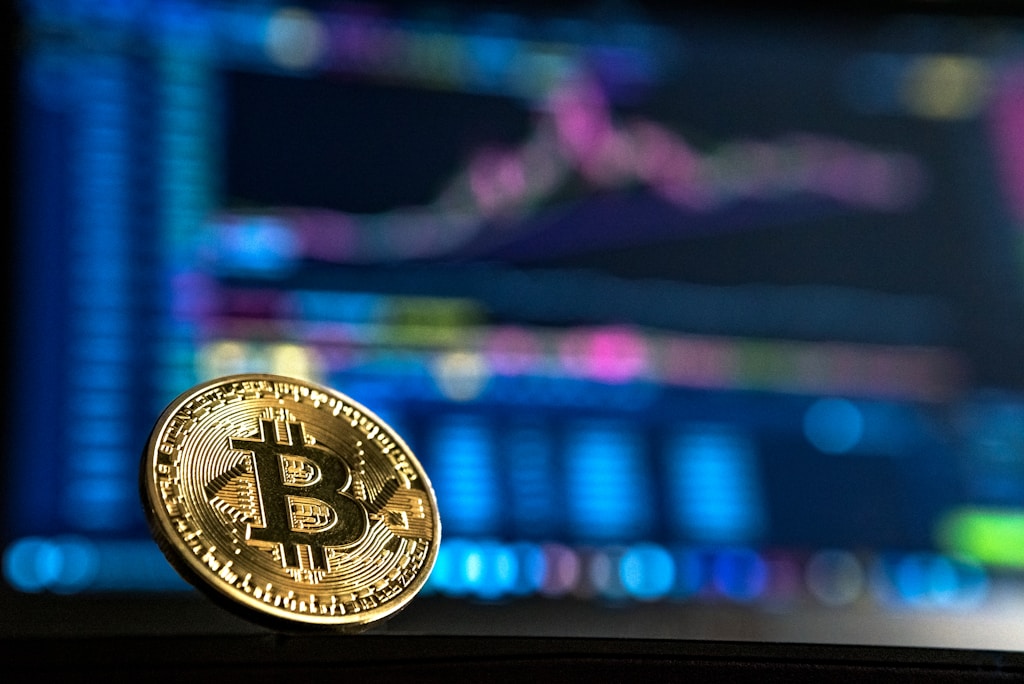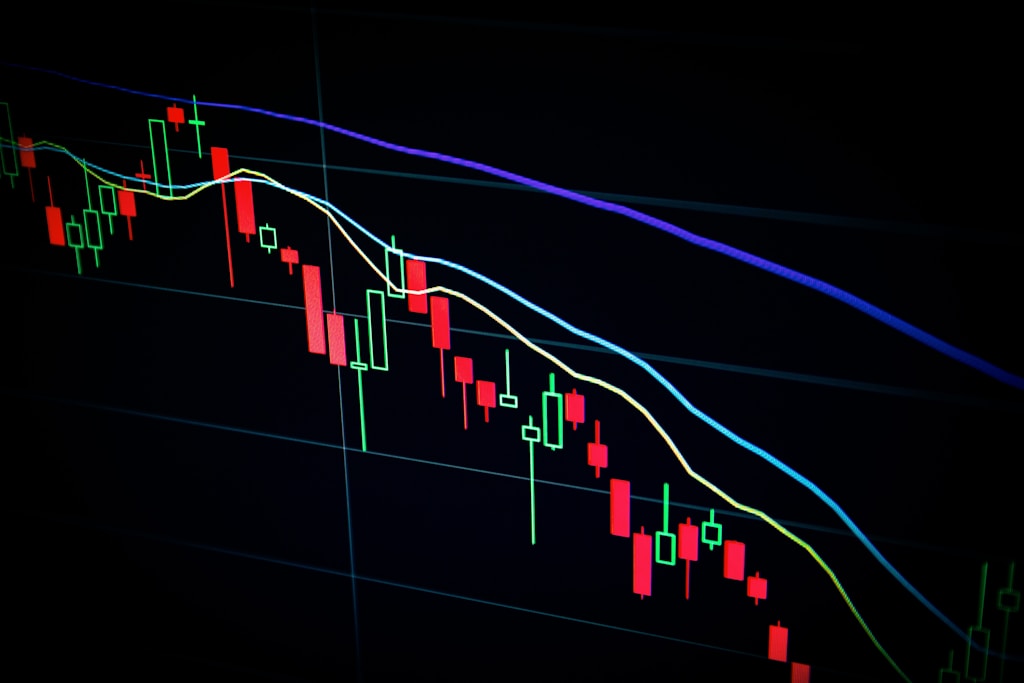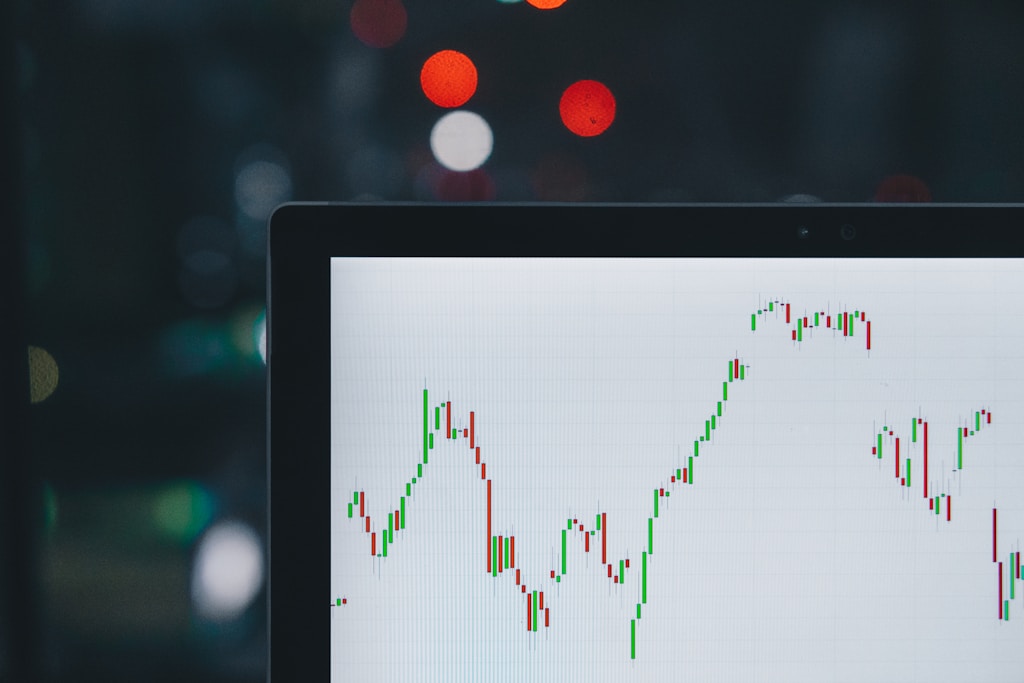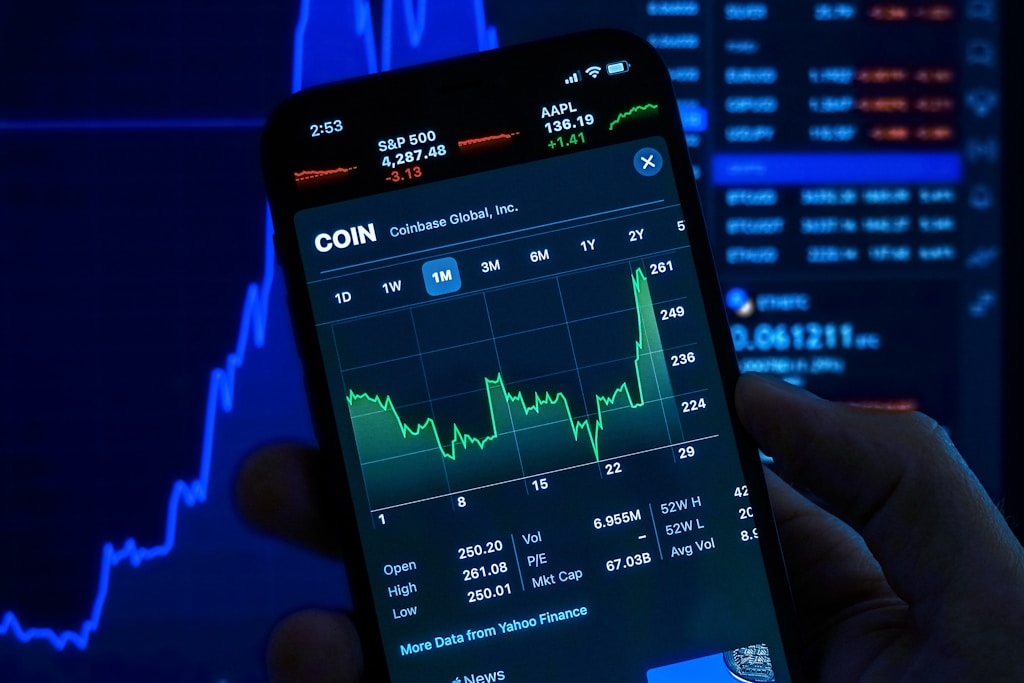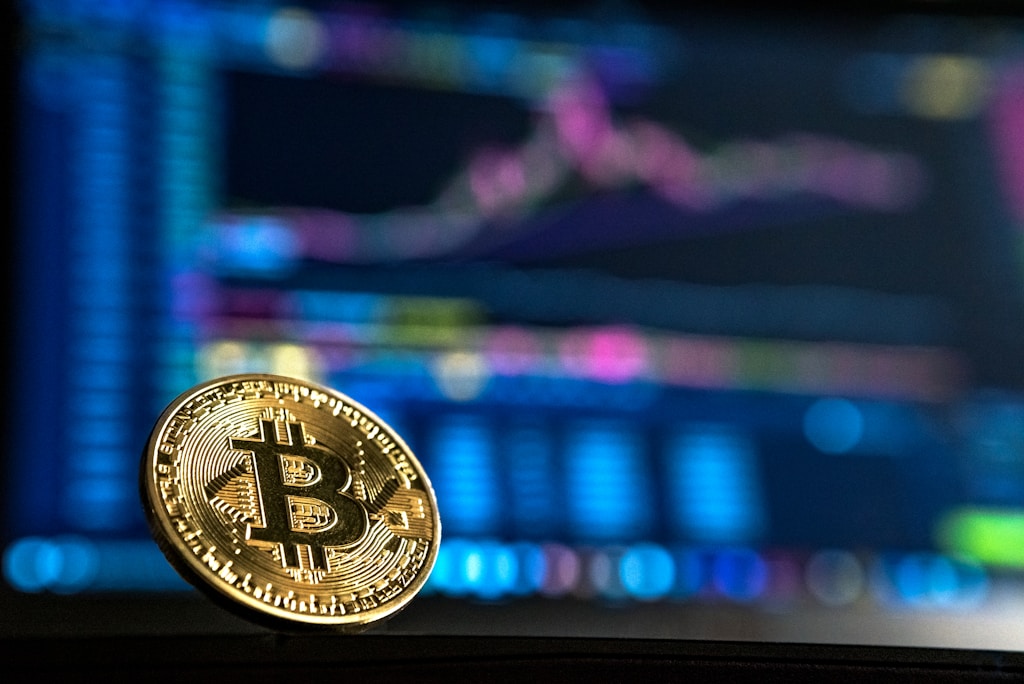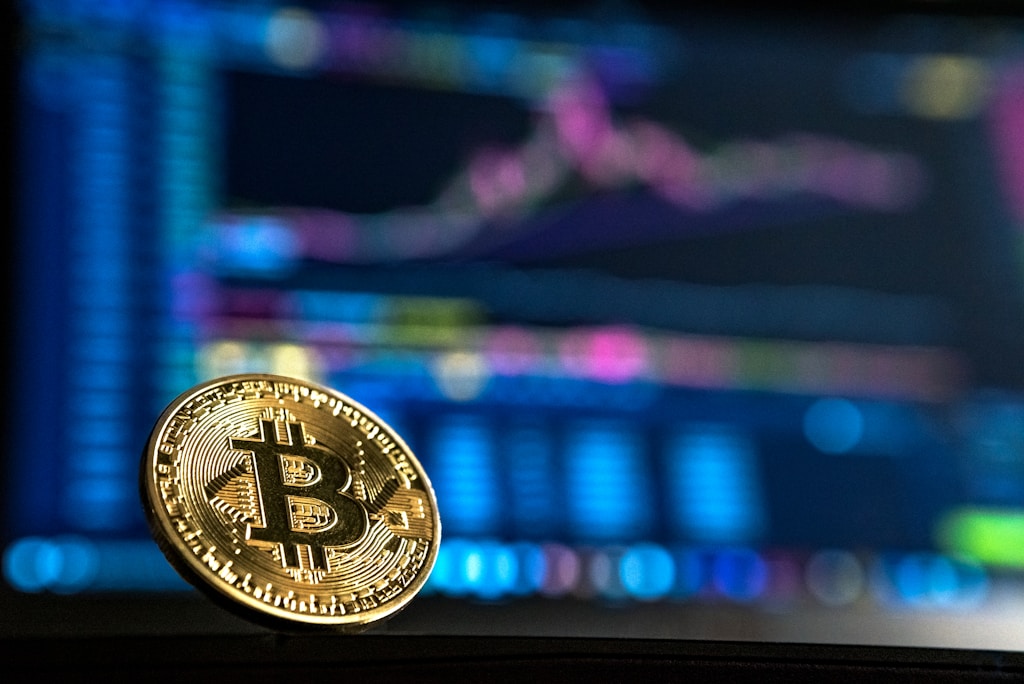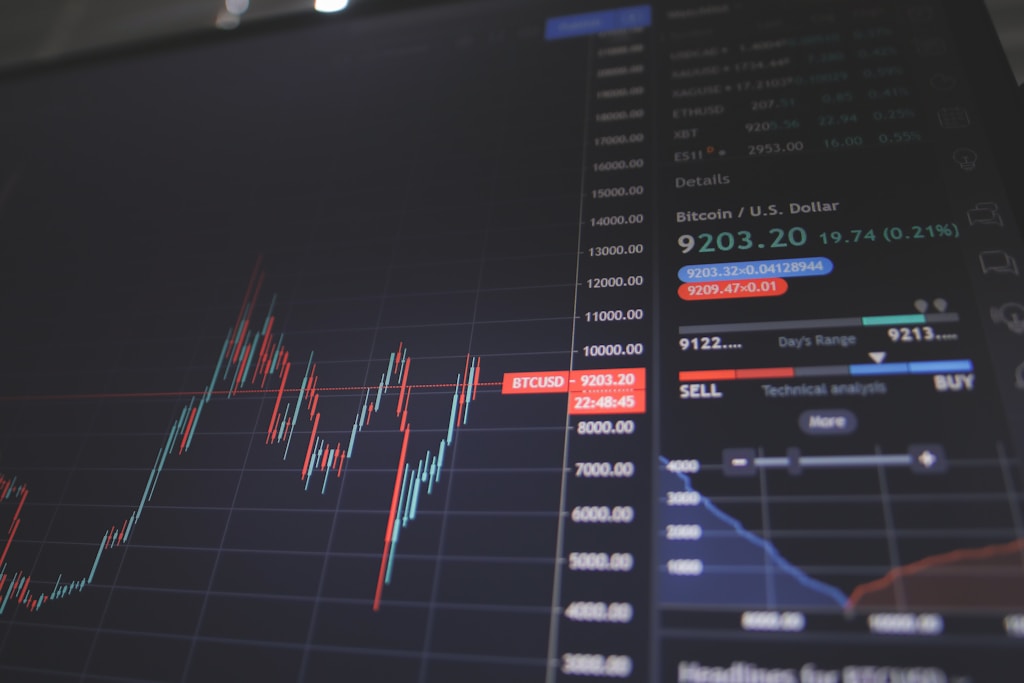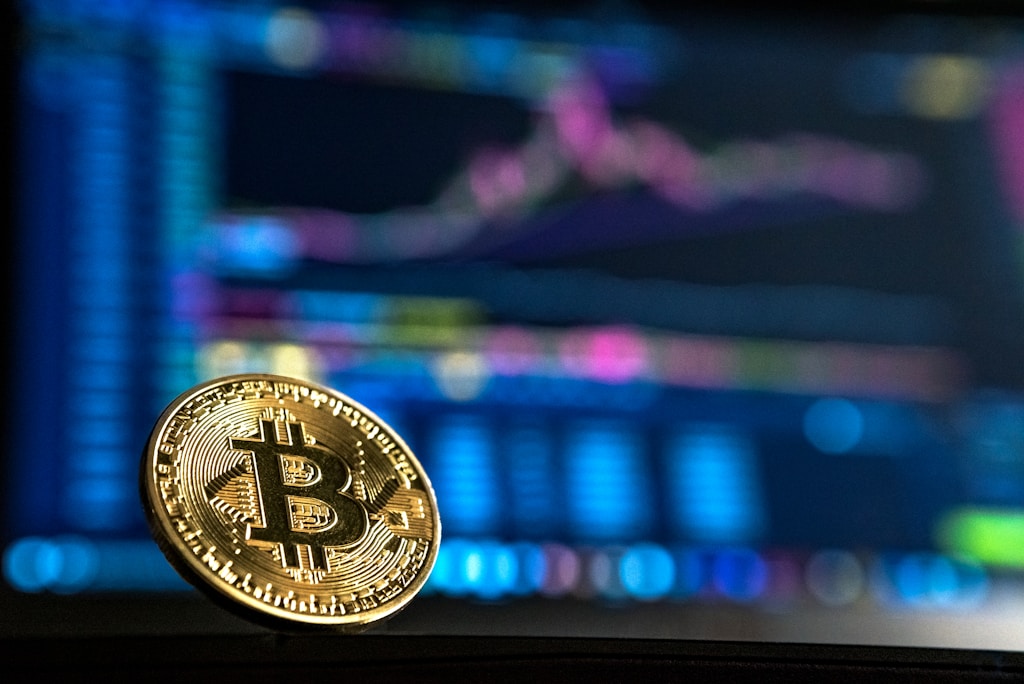In a significant development for the crypto market, David Sacks, crypto advisor to former President Trump, has revealed potential changes to the U.S. Strategic Bitcoin Reserve that could enable active Bitcoin purchases through budget-neutral strategies. This announcement comes as Bitcoin consolidates around $112,000, with markets eagerly watching for catalysts that could drive the next major move.
Strategic Bitcoin Reserve: From Passive to Active Acquisition
The initial March 6th executive order establishing the U.S. Strategic Bitcoin Reserve limited holdings to confiscated cryptocurrencies from legal proceedings. However, Sacks’s recent statements at the Las Vegas Bitcoin Conference suggest a significant policy shift is under consideration.
Budget-Neutral Acquisition Strategies
According to financial analysts at K33 Research, several viable options exist for funding Bitcoin purchases without impacting the federal budget:
- Selling IMF Special Drawing Rights (SDRs)
- Utilizing Treasury Stabilization Fund surpluses
- Redirecting excess funds from existing government programs
Key Government Stakeholders
Two crucial figures in this development are:
- Treasury Secretary Scott Bessent
- Commerce Secretary Howard Lutnick
Both officials have received direct instructions from Trump to explore budget-neutral acquisition strategies.
Market Implications
This potential policy shift could have significant implications for Bitcoin’s price trajectory. As noted in our recent coverage of Bitcoin’s price movements, institutional buying pressure could catalyze a move toward higher price targets.
FAQ Section
What is the U.S. Strategic Bitcoin Reserve?
A government initiative established by executive order to hold Bitcoin assets, initially limited to confiscated cryptocurrencies.
How would budget-neutral Bitcoin purchases work?
Through various financial mechanisms that don’t require new taxes or increased debt, such as utilizing existing fund surpluses or selling other assets.
When could these changes take effect?
While no specific timeline has been announced, the necessary authorizations are already in place through the existing executive order.
Disclaimer: This article is for informational purposes only and should not be considered financial advice. Always conduct your own research before making investment decisions.
